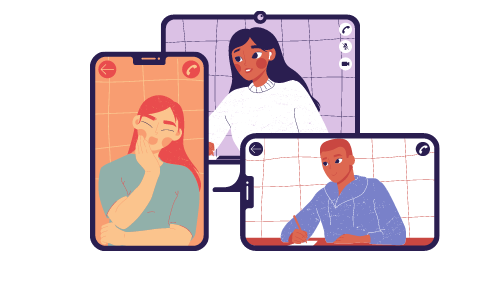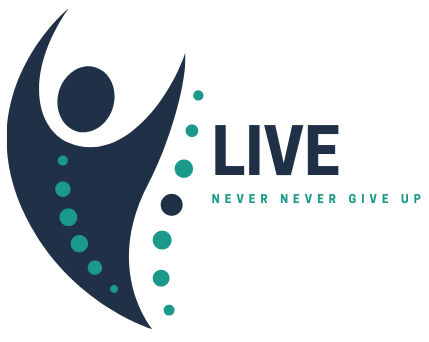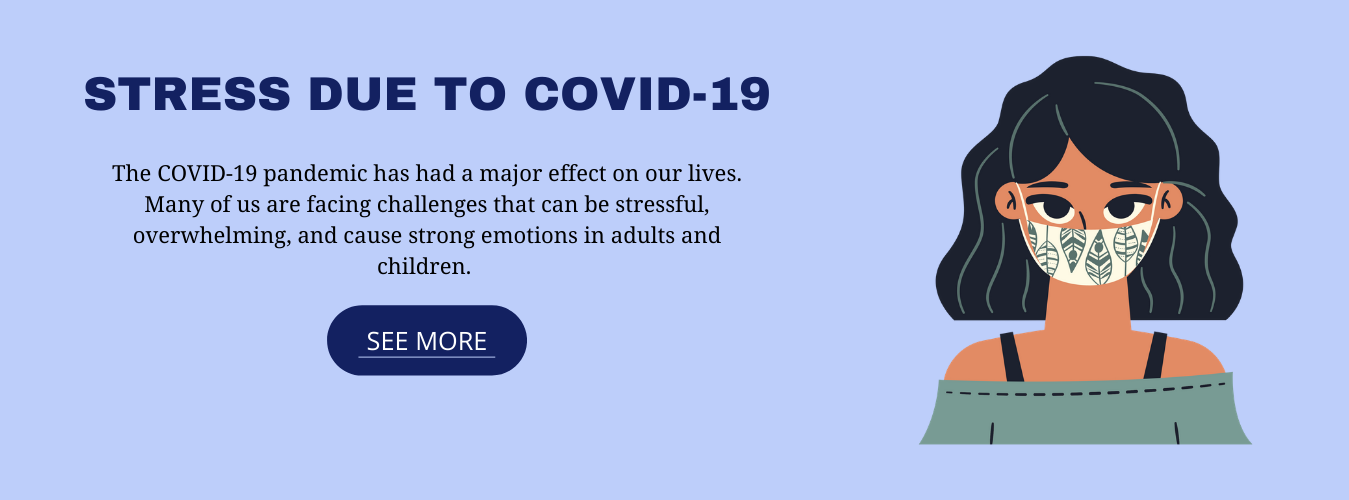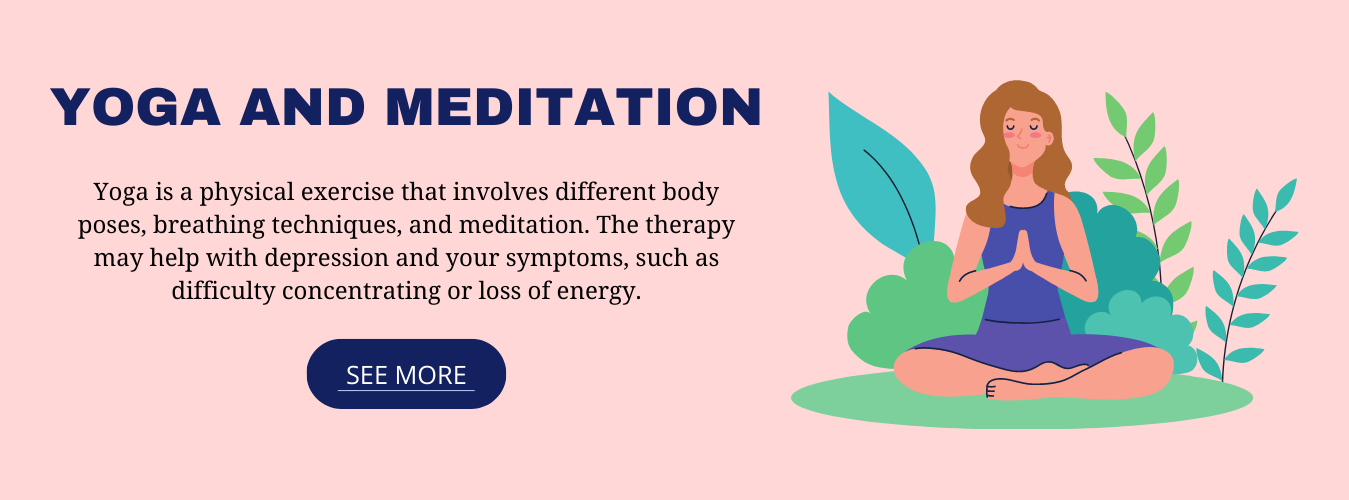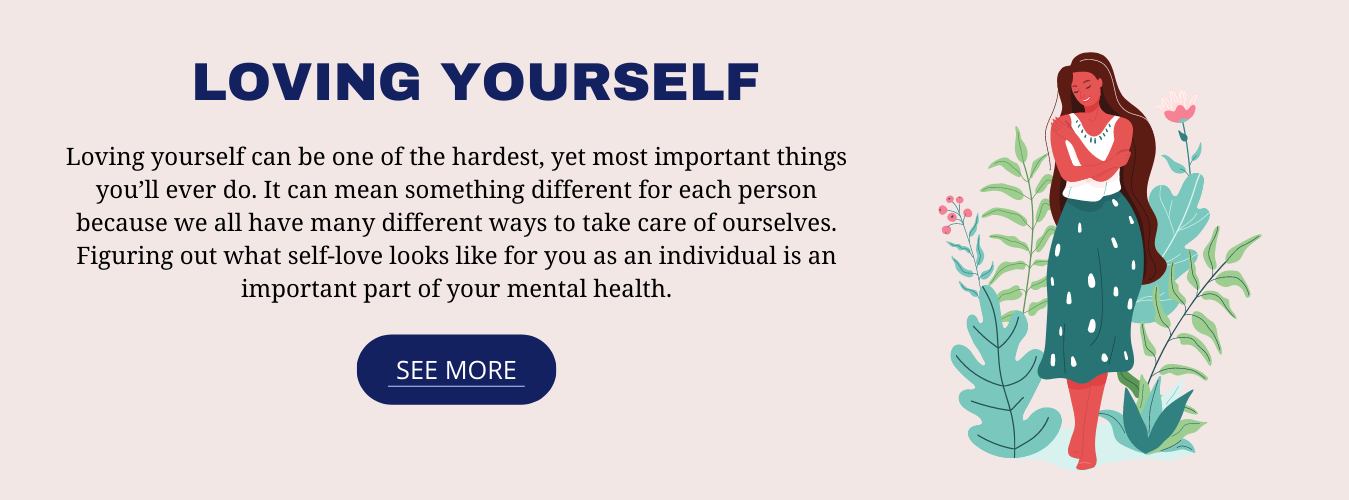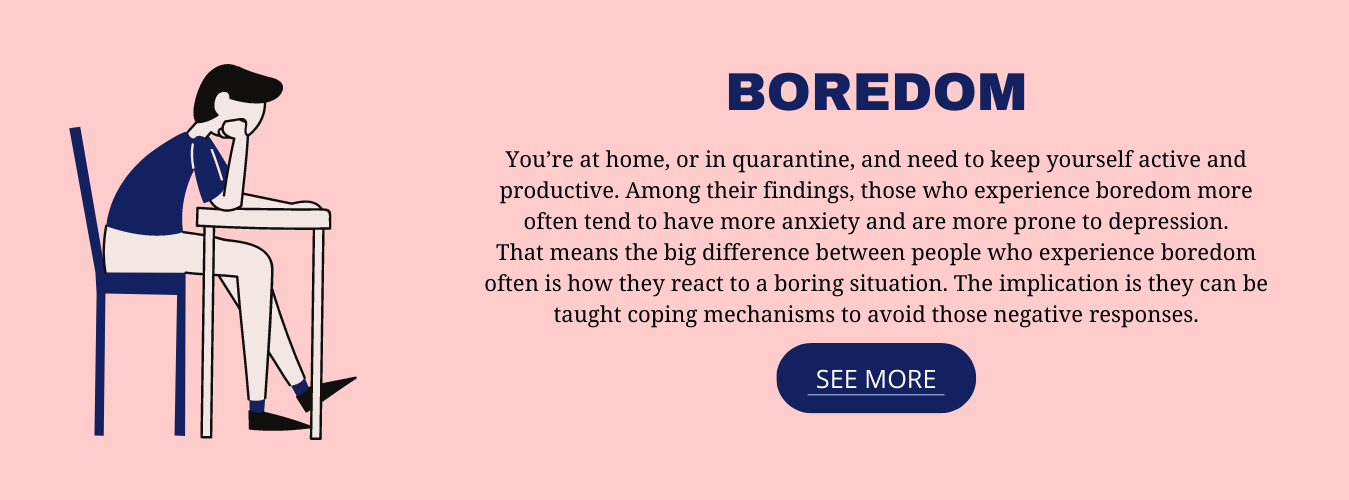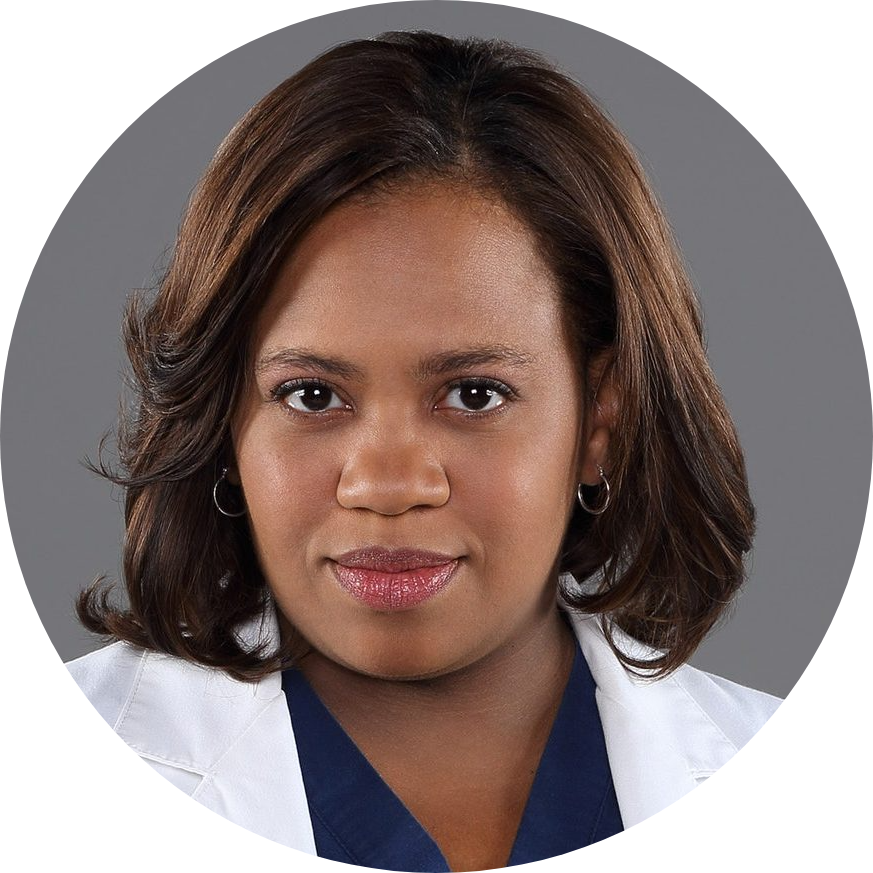I live in a small family- me, my wife, 5-year-old daughter and my
parents. My uncle's family also lives nearby.
Ever since the lockdown was announced, me and my family have been following it stringently. I never
violated a single lockdown rule even after the unlock was announced, following all proper precautions
and guidelines.
Things began to change from September 2020.
September 01 was my birthday and I enjoyed the day with my family. So, on the 3rd September, I went in
for two COVID tests- one rapid test and one RT-PCR.
The same evening, the rapid test came back evening. I am the sole breadwinner in my family, and it just
pondered upon me, if something were to happen to me, what would my family do. Meanwhile, my family
doctor asked me to be in isolation till the other report comes back. On 5th September, my entire family
got their tests done too.
On the 7th, my father tested positive. Both of us had intense body pain and fever.
We started with a fresh course of medications for my father. Even though we started her medicines, we
were concerned for her since she was already a heart patient and had chest ailments in the past.
When my symptoms did not subside, I was asked to get a chest CT done. The reports showed some lung
infection of 20-25%.
On the 10th, we had to go ahead and admit me and my mother in Fortis since I had started feeling
breathless too. We proceeded to get him admitted in the hospital too.
Now, from all the help from the medical staff and heavy doses of remdesivir, antibiotics, me and my
mother were discharged from the hospital on September 17.
Unfortunately, my father, who had so far been doing okay started getting severe breathing issues and
coughing badly. We had no option but to leave him there, while I and my mother came back home for our
14-day isolation.
From there on, it has been a long, hard journey. My father was discharged after 1 month and 20 days of
being admitted to the ICU.

